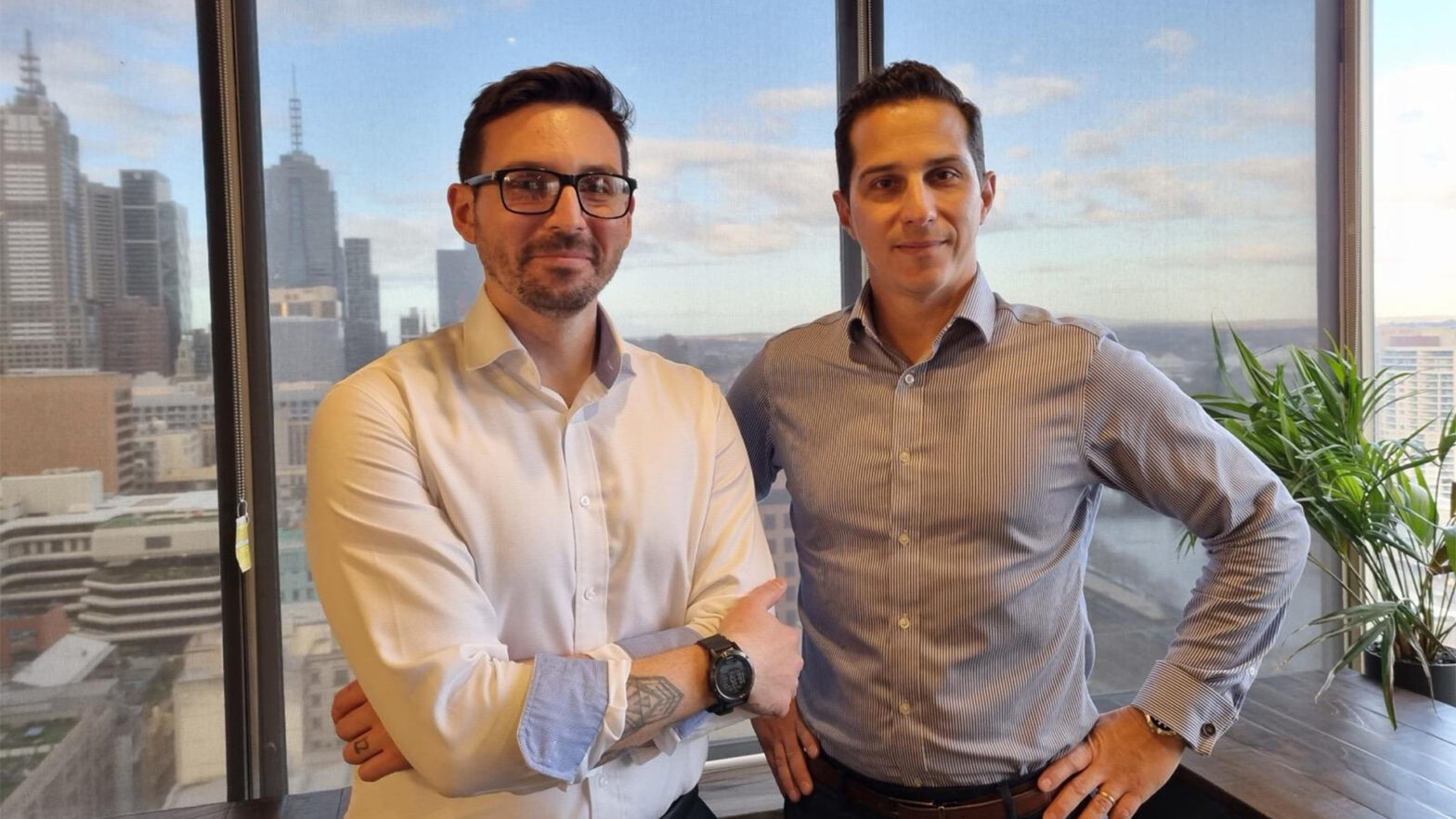
By Business Coach and Entrepreneur Shani Taylor
Every founder hits a point where hustle stops scaling. You’ve built the thing, made the money, and now you’re stuck doing everything: answering emails, closing sales, troubleshooting tech, checking in on team performance and wondering when the freedom part kicks in. The answer? It doesn’t—until you stop trying to be everything, and start building the right team.
I’m not a natural manager. I don’t enjoy checking timelines or micromanaging tasks. I’m not the person who writes process docs or handles HR chats. But I am a strong mentor, and I’ve built a seven-figure coaching business by hiring people who are brilliant at what I’m not. That’s the difference between a self-made job and an actual business.
One burns you out. The other sets you free.
Talent doesn’t just show up
People think hiring is about finding someone to take work off your plate. It’s not. It’s about finding the person who will help your business grow without you being in every room, replying to every client, or fixing every fire. The wrong hire will cost you. The right hire will multiply you.
And it starts before they even apply. Most job ads read like government reports—formal, boring, and completely focused on the employer. That’s not going to cut it. If you want top-tier talent, flip the script. Use WIIFM: What’s In It For Me? Job seekers have options. They want to know what they get out of working with you. Sell the role like you’d sell your offer. Growth, impact, development—be real about what matters to them.
You’re not just listing tasks. You’re pitching a vision. Make it count.
Soft skills first, technical second
You can teach someone your software. You can’t teach work ethic. That’s why I hire for traits: drive, ownership, resourcefulness. If you’re not coachable, you’re not coming in. Simple.
I’ve seen business owners keep a top seller on the team even though they poison the culture. Don’t do that. They’ll make you money short-term and cost you everything long-term. I’d rather train up someone raw but hungry than hire another burnout with a big ego.
When things shift, pay attention
Even A-players wobble. If someone who was once solid starts slipping, don’t come down on them—check in. Most of the time, it’s not a business problem. It’s a personal one showing up at work. A strong leader knows the difference and takes the time to ask, “What’s going on, and how can I support you right now?”
That one question builds trust that lasts longer than any bonus.
You’re not supposed to do it all
Too many entrepreneurs think they have to prove themselves by staying in the weeds. It’s the opposite. At every new level, you have to let go of more. That’s how you scale.
If your business relies on you to function, you don’t have a business; you have a job with high stress and no clock-off time. When you hire right, you create space to lead. You step out of day-to-day noise and into high-level vision. That’s where growth happens.
I work with a lot of founders who are still selling themselves instead of their method. That’s a trap. You can’t scale a brand that’s built around your availability. You need other people to deliver, support, and lead. That means hiring people who aren’t just capable, but hiring those who have completely bought into what you’re building.
Your team reflects your leadership
If people aren’t showing up the way you want them to, the first question you should ask yourself is “Have I set the standard, or am I expecting them to guess?” It’s not about what’s wrong with them, so coming at it from that angle is a waste of time.
Your job as a leader is to create the space for others to do all of the things you don’t, and do them well. That includes being clear on what success looks like, having systems that support execution such as recruiting software platforms for streamlined hiring, and hiring people who actually want to grow with you.
When you’re building a team, ask yourself this: Would I want to work here? Would I stay?
If the answer is no, that’s where your focus needs to go – basically get house in order and tighten things up – before your next hire.
Final thought
Your team will either build your business with you or drain it while you try to fix everything alone. Don’t just hire to fill roles. Hire to elevate the business. Hire to free yourself. Hire to lead.
The power of people is exponential. One great hire can multiply your capacity, sharpen your delivery, strengthen your service, and open the door to real growth. That’s not fluff. That’s math.
And if you’re serious about scaling, stop trying to do it all. Start building a team that’s built to win.




























